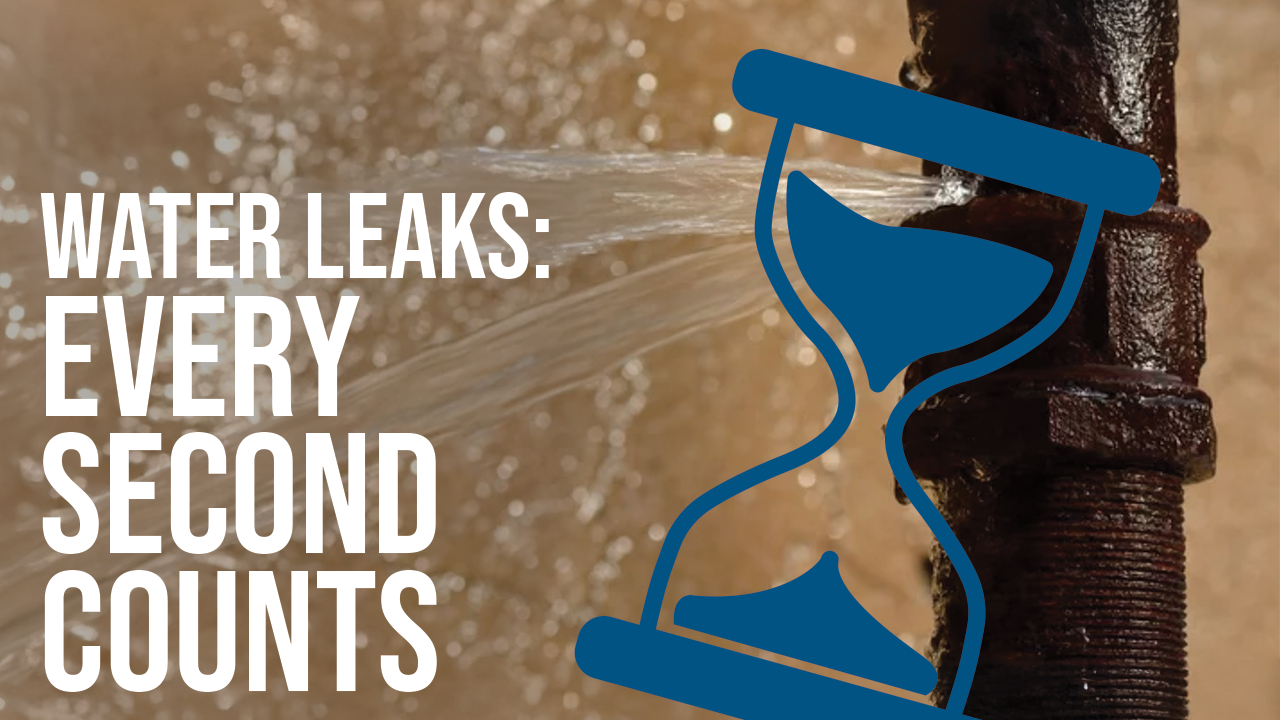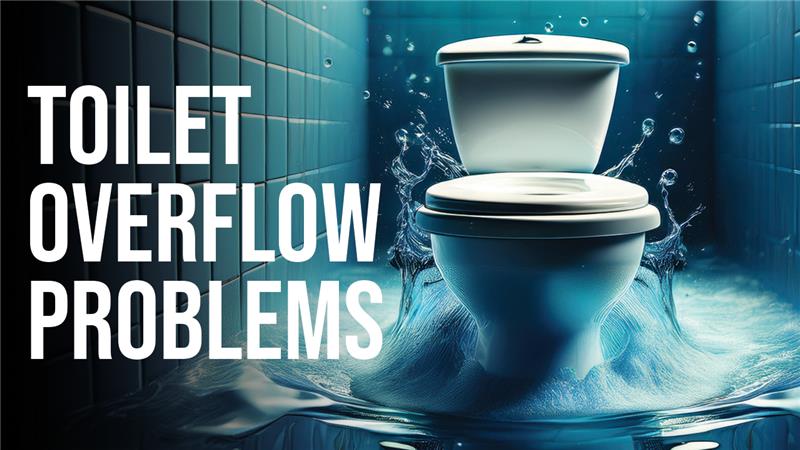Updated February 5, 2024
Clogged drains are one of those plumbing problems every homeowner has had to face at some point, but that doesn’t make them any less frustrating. Failing to address drain blockages can result in nasty backups, and even burst pipes. If you are dealing with clogged drains, your first instinct to get rid of the problem may be to use a store-bought, chemical drain cleaner. Unfortunately, these products are not as safe or effective as you may think. Keep reading to learn the problem with chemical drain cleaners, and make sure to call our Des Moines plumbing pros at Golden Rule for a full list of services.
Why You Shouldn’t Use Store‑Bought Chemical Drain Cleaners
The main problem with store-bought drain cleaners is that the harsh chemicals they contain are bad for your pipes. While the companies that make them will never advertise this, chemical drain cleaners can have a caustic and oxidizing effect on your system, wearing down the metal in your piping and drains and even contributing to leaks over time. Furthermore, many chemical drain cleaners are simply not effective against tough obstructions and can end up just sitting in your system when they fail to break down a clog. It’s right on the back of these products that you should call poison control if you accidentally touch or (God forbid) drink them, so if a backup happens and your drain cleaner failed to work, these hazardous chemicals could come back out of your system. Bottom line: chemical cleaners are dangerous for your, risky to have around small children, and can pose a larger threat to your household in general.
If you do feel the need to purchase a drain cleaner, consider going with a non-toxic, natural enzyme solution. These products may not get rid of tough clogs, but they can keep your drains clean, without having any nasty side effects in the long run.
What Can I Do to Take Care of Drain Clogs?
While DIY plumbing is not recommended for serious clogs, there are a few ways to get rid of clogs at home that do not involve chemical drain cleaners. The effectiveness of these solutions may depend on how big the blockage is, as well as the condition of your pipes.
If you’re dealing with a drain clog in your home, you may be able to get rid of it using:
- Hot Water: As simple as it may sound, pouring a pot of hot water down your drains and then following that up by running a cool tap can be very effective at eliminating clogs.
- Baking Soda & Vinegar: To get rid of bigger clogs, pour half a cup of baking soda and half a cup of vinegar down your drain. Let it sit overnight, then flush it out in the morning. Hopefully, your drains will run faster and smell better.
- A Plunger: The ideal plunger for getting rid of sink clogs is a small cup plunger, however, many homeowners do not own one of these, in which case you can get usually get rid of kitchen clogs with a flat-bottomed plunger. These look similar to toilet plungers but without the flange on the end.
- A Snake or Auger: Snakes and augers are tools specifically designed to break up tough obstructions. While some individuals may have this type of wire tool at home, in many cases, you will need to call a plumber to utilize it.
Remember, you can avoid clogs in the kitchen by not putting grease, starchy or fibrous foods, or other hard items down your drains, and you can reduce clogs in the bathroom by not flushing anything but toilet paper down your toilet. And for clogs you can’t get rid of on your own, you can always call our experienced Des Moines plumbers!
Golden Rule is available for emergencies at 515-393-4526, or you can contact us online.
Contact Us Today for Plumbing Service!
If you found this post helpful, check out some other budget-saving tips:


Water emergencies can strike when you least expect them. Whether it’s a burst pipe, an overflowing toilet, or a persistent leak, quick action can prevent costly damage.... Read More

Few things are as frustrating (and messy) as a toilet that overflows. Whether it happens at the worst possible moment or simply leaves you scratching your head... Read More

The holidays are a magical time of year—gathering with loved ones, sharing meals, and creating lasting memories. But one unexpected mishap can turn your festive celebration into... Read More
